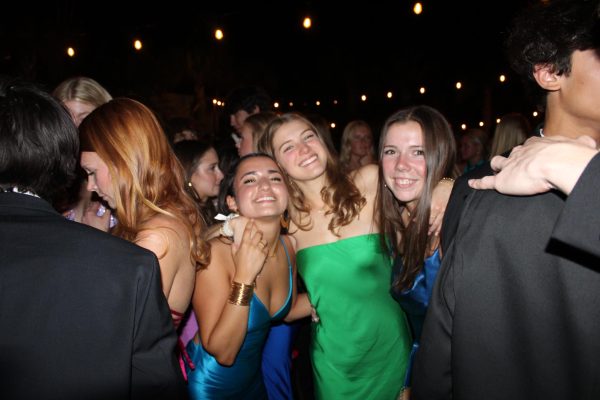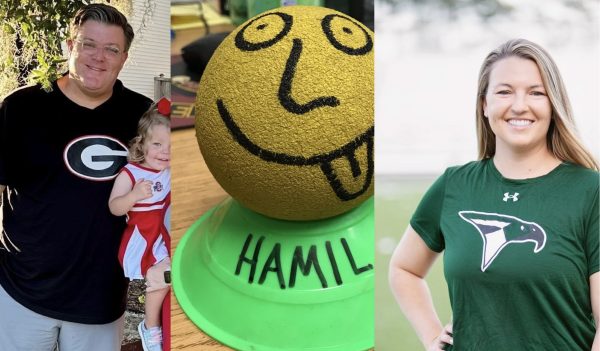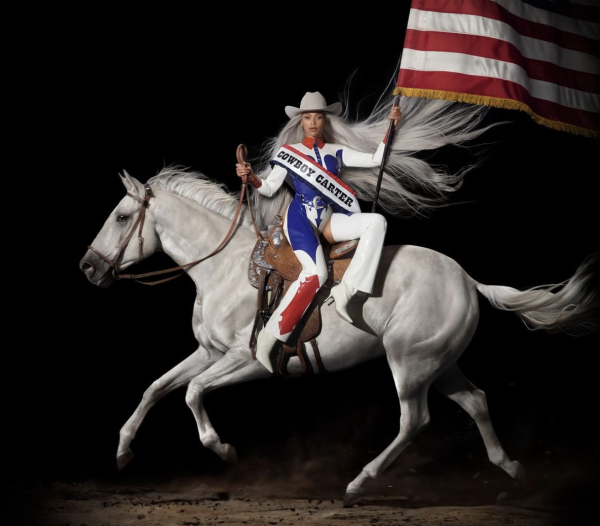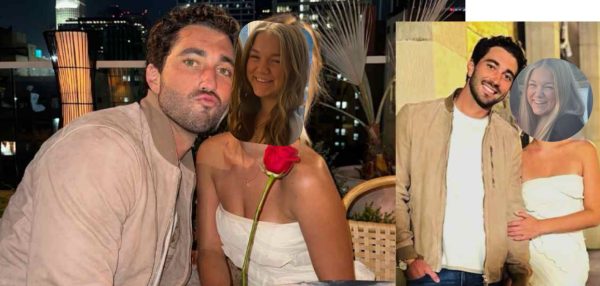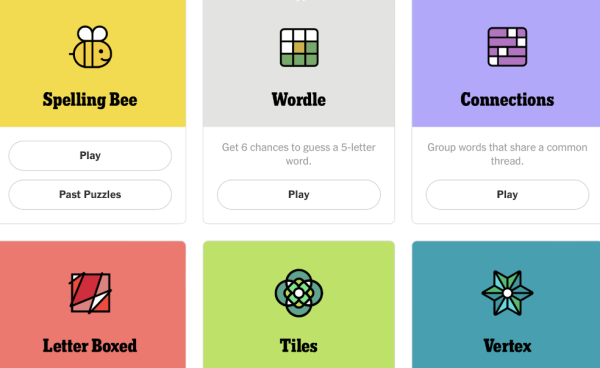The Difference a Year Can Make – How a Watermelon Enlightened Me
Watermelon. Not normally a subject that sparks very much debate. With its juiciness and subtle sweet flavor, this summer time staple symbolizes red deliciousness encased in a shiny green shell to be cracked open on picnic tables during steamy July evenings or slurped from Ziplock containers on sun-beaten beaches. This is what I thought of the fruit my entire life, nothing but a reminder of days by the pool or dinners on blankets in Marion Square Park. What I failed to recognize though, was this emerald green gem’s relevance to one of the most significant life lessons I have been able to learn.
I had not even known of the events when I arrived at school that morning. Every corner was filled with incessant chatter, the school a glowing orb of whispered gossip. Down the hall I spied my group of friends and upon approaching them, asked the cause of the uproar. “Coach has been fired” they said. “An after game ritual of our football team offended the other team”. My friends described an incident where our football team drew a face on a watermelon, gathered around it while grunting, and smashed it on the ground. I didn’t understand; the only problem I could find with the celebration was that it was over-pompous or exaggerated. They went on to explain, however, that it had been deemed racist.
The high school I attend is selective; it is also over 95% White. The team we played on the night of the incident that became known as “Watermelongate” was 90% African American. Despite this, many students refuted the accusations against our school by calling the other team “racist”- including me. They were the ones who recognized its racist significance when none was intended, so weren’t they the racist ones? For weeks, students rallied behind looming, oversized protest signs, wrote strongly worded letters to administrations and school board directors and posted defensively on blogs and social media platforms.The incident even gained national attention. Although the student body continued with an imperious attitude, the situation received extreme and radical media coverage and eventually resulted in a few lost jobs. Once the debacle finally ended, I was pleased with its riddance, and consciously kept it from my thoughts. In this disregard, I failed to assess the situation beyond my own comforts. I allowed my opinion to be dictated by those around me, rather than the morals that guide me. After months of this blind content and submission, I could not help but feel something was wrong.
I decided to read the posts and comments written against us-the ones I had previously ignored. Some of the extreme arguers believed our school should be shut down entirely. Others, with a more subdued approach, said that, although they believed the ritual was unintentionally bigoted, it was an ignorant and mindless mistake. These comments, which outraged me before, began to weigh upon me. I have no idea what it feels like to be an African American, or in that case, a minority at all. My history differs greatly than that of my peers and although these events seem detached and irrelevant, they greatly affect the privileges I, and others respectively, experience today. Thanks to an unexpected and, at first, unwelcome event, I am now a passionate advocate for equal treatment. I have joined the REACH club at my school, an organization that tutors children at a nearby primary school in an underprivileged area. I keep myself educated on recent events and attend local meetings and campaigns directed towards the equal treatment of all people. With the passing of steamy summer days by the pool or misty evenings in Marion Square, it is easy to forget to pay attention, but, with open eyes, gleaming green stripes or black speckled canvas almost always appear, even in the strangest of places.



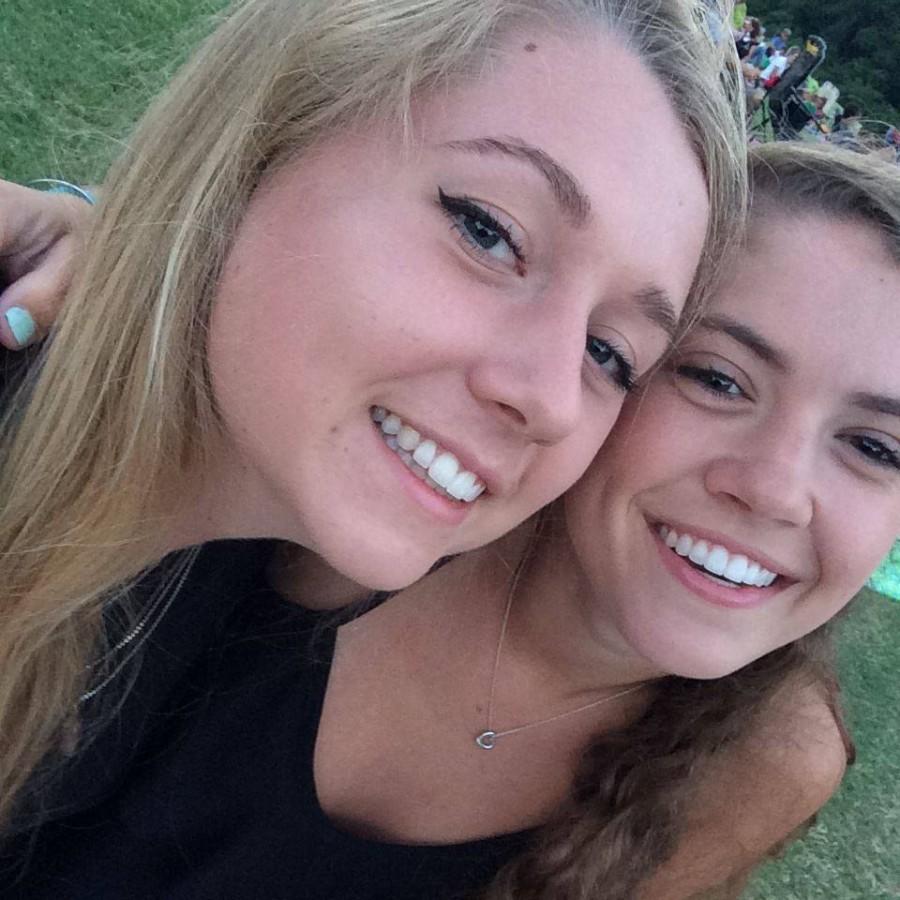


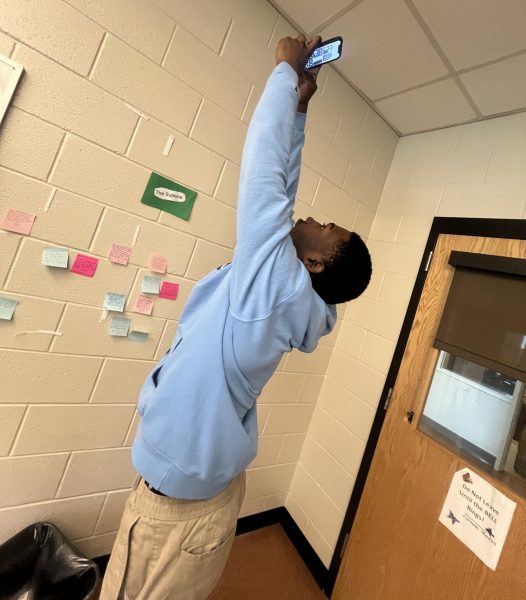

![Presidential Rizz [RANKED]](https://amhsnewspaper.com/wp-content/uploads/2024/03/jfk-600x338.jpg)
